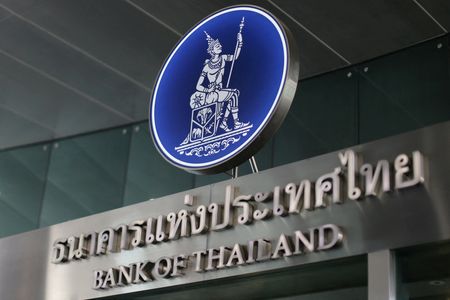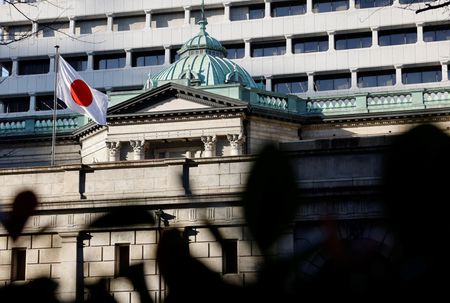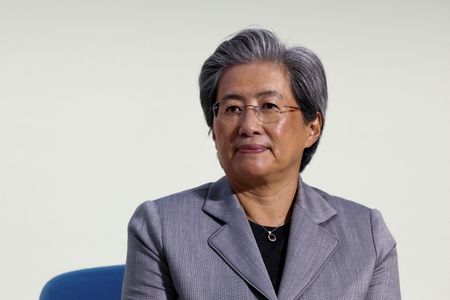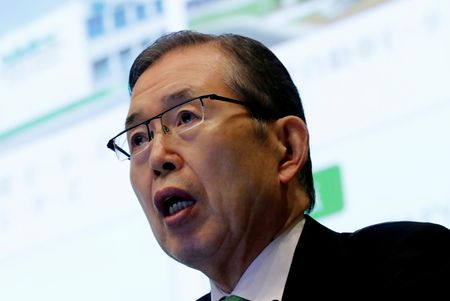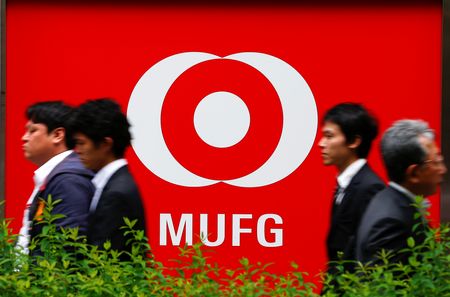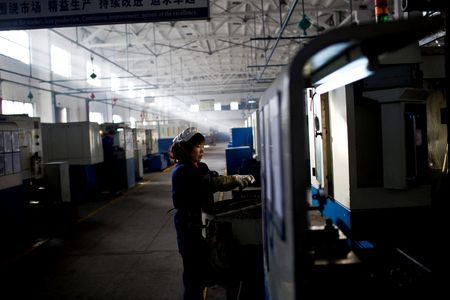By Devayani Sathyan
BENGALURU (Reuters) – Thailand’s central bank will hold interest rates at a record low on Wednesday, and through next year, to bolster a tourism-dependent economy still struggling to get back on track as the global coronavirus pandemic continues, a Reuters poll found.
After more than a year of strict entry restrictions, southeast Asia’s second-largest economy reopened for vaccinated tourists last month.
However, an expected low influx of foreign visitors will likely delay the economic recovery.
All 22 economists in the Dec. 13-17 poll unanimously predicted the central bank would hold its one-day repurchase rate at 0.50% at its Dec.
22 meeting. Medians showed two 25 basis point rate hikes in Q2 and Q4 of 2023, taking the benchmark rate to 1.00%.
“We expect the Bank of Thailand (BOT) to hike in 2023 when the recovery has gathered steam and real GDP levels at least recover to pre-pandemic levels,” said Chua Han Teng, economist at DBS Group Research.
“Policymakers are likely to remain on hold and continue supporting the fragile recovery in 2022, at a time when inflation expectations remain largely well-anchored within the central bank’s 1-3% target.”
Unlike some major central banks across the globe, the BOT has the luxury of keeping monetary policy loose as inflation is still inside its target range.
While headline inflation rose to 2.71% in November on higher energy prices, core inflation was up just 0.29% from a year earlier.
Government measures to lower living costs, particularly a subsidy on tuition fees and utility bills, alongside lower prices of some food items, have kept inflation relatively tame.
Chinnawut Techanuvat, head of economic and financial market research at Siam Commercial Bank, said inflation is rising, but mainly because of supply chain disruptions and higher energy prices, which is one reason why the BOT is holding off.
“They could wait a little bit further to see whether there would be signs of stronger recovery before the decision to hike rates,” he said.
Monetary policy must remain accommodative to underpin fiscal measures aimed at supporting businesses and households, the finance minister https://www.reuters.com/markets/rates-bonds/thai-monetary-policy-must-stay-accommodative-support-fiscal-policy-finmin-2021-11-24 said last month.
The economy contracted 1.1% in the September quarter as it was battered by another wave of the coronavirus pandemic.
Yet a shallower https://www.reuters.com/article/thailand-economy-gdp-idUSL4N2S407U-than-expected contraction and strong export growth suggests a recovery is already underway.
However, the extent of the public health danger from the Omicron coronavirus variant is still unknown, potentially threatening Thailand’s economic revival.
“The Bank of Thailand is likely to place greater emphasis on domestic considerations such as the uneven recovery and subdued core inflation, and has ample buffers to deal with potential currency volatility arising from U.S.
Fed normalisation,” added DBS’ Han Teng.
The Federal Reserve https://www.reuters.com/markets/us/fed-prepares-stiffen-inflation-response-post-transitory-world-2021-12-15 said at its meeting last week it would stop its pandemic-era bond purchases by end-March and also paved the way for three quarter-percentage-point interest rate hikes by end-2022.
(Reporting by Devayani Sathyan; Polling by Shaloo Shrivastava and Md. Manzer Hussain; Editing by Kirsten Donovan)

